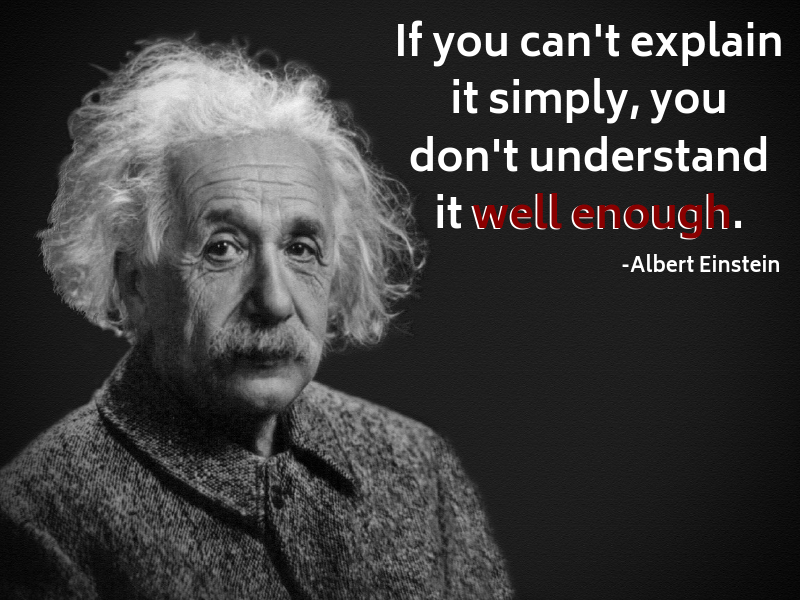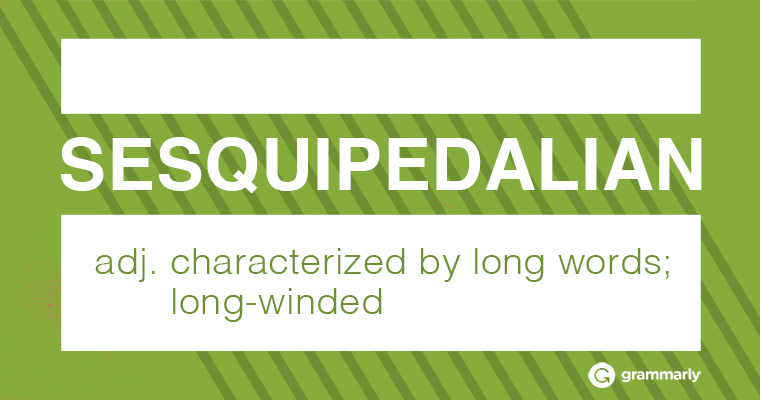
If you’ve ever hired an attorney, you know what I mean.
Language bloat.
Sentences that go on forever. Words you’ve never heard before. Phrases you don’t comprehend.
Writing and speaking that makes you want to SCREAM for help.
Okay, I exaggerate.
Just a little.
Secrets Of An Immigration Appeals Attorney
As an immigration appeals lawyer, I’m like an invisible fly on the wall.
I walk into cases while the fire of defeat is still smoldering within the souls of distressed immigrant families.
My job is kamikaze in nature.
I attempt to rationally deconstruct the defective premises of other attorneys.
I endeavor to methodically dismantle the biased positions of government officials.
I seek to credibly disentangle the flawed reasoning of immigration judges.
It’s a job with no room for weakness of heart and mind.
(Language bloat?)
In the effort to reverse negative outcomes, I am privy to confidential insights regarding the inner workings of cases.
I am allowed to peak at how my colleagues conduct their business.
Certain issues arise over and over again.
Care to know, above all, what I’m tired of hearing?
Nah, I can’t tell.
Well, maybe I should.
Oh heck, here goes.
Clients saying they did not understand what their attorneys told them.
To the extent such claims are genuine – which, by the way, is not always the truth – they raise a far-reaching concern for the immigration bar.
How does this happen?
It’s the way we talk.
It’s the way we write.
It’s the way we express ourselves.
It’s the words we use, how we use those words, and how we explain legal issues with those words.
Like flavorful rice transforms into repugnant maggots, our gift of gab, when not carefully self-monitored, mutates into egotism, pretension, and aloofness.
The Posner Critique Of Lawyer Verbiage
In Arias v. Lynch, a Seventh Circuit decision, Appellate Judge Richard Posner questioned the legal meaning of the phrase, crimes of moral turpitude.
What he wrote covered far more than the meaning of a single phrase. He attacked the way lawyers use language that laymen cannot grasp.
“It is preposterous that that stale, antiquated, and, worse, meaningless phrase should continue to be a part of American law. Its meaninglessness is well illustrated by this case; and even if it is to be retained in immigration law it was misapplied by the Board of Immigration Appeals.”
“Why does the legal profession cling to antiquated synonyms? Why are we so backward‐looking? The answer lies in the American legal culture—in the fact that law is backward‐looking, that the legal profession revels in antiquity, cherishes jargon, and lacks respect for proper English usage—“base or vile” is not an expression used by sophisticated speakers of modern English, or for that matter unsophisticated, and the word “turpitude” has disappeared from the language as spoken and written today.”
“Who needs to talk like that? Lawyers apparently.”
Communication Without Communication
I have felt a similar sentiment quite often.
But my view is not limited to the words we use during appellate debate.
It’s also the way lawyers express themselves when interacting with clients.
Standing in the hallway at immigration court, I’ve watched this disorder assume control over the actions of attorneys.
More times than I wish to recall.
Have you been there?
Confused about what happened in the courtroom, clients look to their lawyers for clarification.
Their attorneys respond with terminology far beyond their clients’ knowledge.
I don’t actually hear all the words spoken.
I don’t need to.
The looks on the faces of clients tell it all. Communication without communication.

In my view, this tendency reflects professional apathy and detachment.
Once the gloves come off, all lawyers should switch from courtroom verbosity to common vocabulary.
All lawyers should pay attention to clients’ verbal and non-verbal reactions to the information provided.
All lawyers should be able to discern when clients are failing to grasp what is being explained.
This behavior puzzles me.
I still recall my first days in law school. I felt lost, as did many of my colleagues, with the specialized language used in cases we had to study.
And that was after we had earned college degrees.
Is that memory so distant for lawyers?
Why lawyers impose a similar burden on clients is baffling.
Is it due to a desire to feel superior? Is it due to an assumption such non-communication manifests intelligence?
Or the opposite?
Does a sense of insecurity drive a need to exude aloofness?
Does uncertainty about being worthy of lawyerhood instigate a need to be condescending?
Does doubt about being able to help real world folks with complex issues foment a need to be pompous?
Maybe my views are naive. Maybe I’m wet between the ears.
Maybe, just maybe, I’m too critical of my fellow bar members.
But aren’t such behaviors and attitudes among the major criticisms of lawyers by laypersons?

A Piece Of Motherly Wisdom
Perhaps I’m too loyal to my mother.
Shortly after I graduated from law school, she invited friends and family members to celebrate at our home. Midway through the evening, she took me aside.
“Before you become a hotshot, Carlitos, I have one favor to ask.”
“Don’t start using big, fancy words with me.”
I promised.
My mother was a wise, strong, and compassionate woman. To this day, her instruction guides how I try to interact with clients.
I fall short at times. However, I am consciously aware that I must strive to communicate in a manner that communicates.
Big, fancy words are out of place with most immigrants.
I wasn’t born with a silver spoon in my mouth. I have no desire to pretend so. Especially with clients who were born into families of modest means. Like mine.
Being a lawyer is a special privilege. I have been gifted with training and skills to help others who cannot help themselves.
It also imposes a special responsibility. To ensure clients grasp the reasons for the actions I take on their behalf.
Effective communication requires caring, respect, listening, explaining, and being fully present in the moment.
I agree with Judge Posner. Lawyers need to tone it down.
Our clients deserve to understand us.
Besides, it’ll make my mom happy.
By Carlos Batara, Immigration Law, Policy, And Politics




